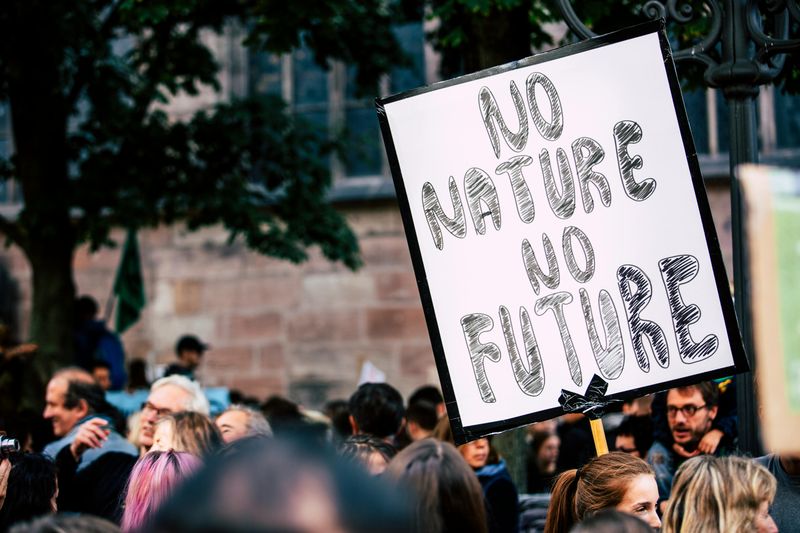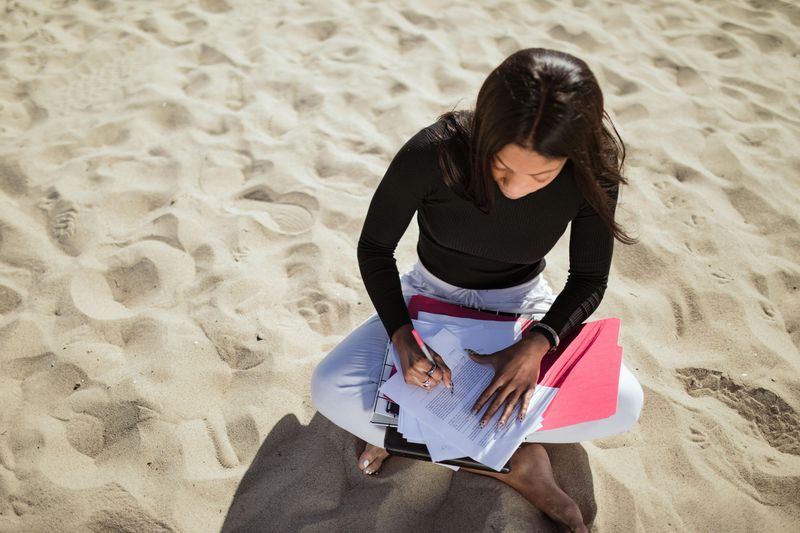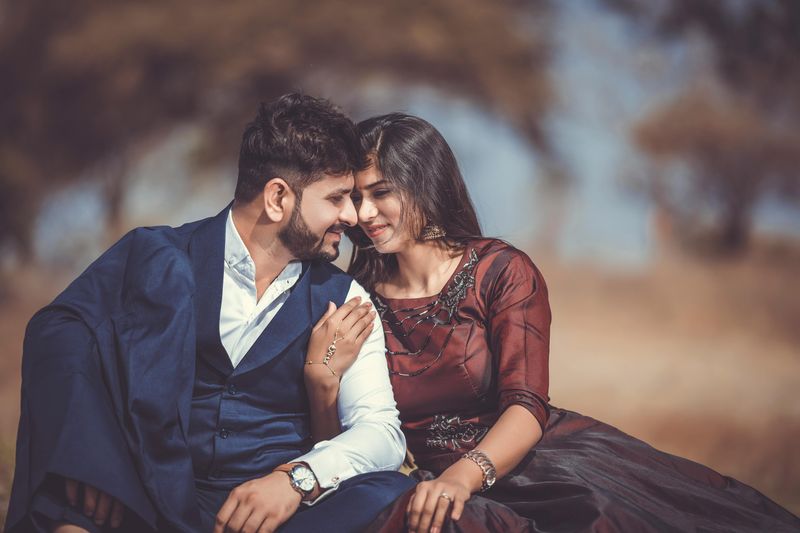More adults today are deciding not to have children, and this shift is changing how we think about family and success. From financial worries to career goals, people have many different reasons for choosing a childfree life.
Understanding these choices helps us see how modern society is evolving and why personal happiness means different things to different people.
1. Financial Burden of Raising Children

Raising a child in America costs over $330,000 from birth to age 18. That enormous price tag includes food, clothing, healthcare, education, and housing expenses that pile up year after year.
Many young adults already struggle with student loans, rent payments, and saving for their own futures. Adding childcare costs, which can run thousands of dollars monthly, feels impossible for budgets already stretched thin.
Economic uncertainty makes people think twice before committing to such a massive financial responsibility. They want stable careers and emergency savings first, but those goals keep getting pushed further away.
2. Career Ambitions and Professional Growth

Building a successful career takes tremendous time, energy, and dedication. Professionals climbing the corporate ladder or launching businesses often work long hours, travel frequently, and need flexibility that parenthood doesn’t allow.
Women especially face tough choices between advancing their careers and having children. Pregnancy, maternity leave, and childcare responsibilities can stall promotions or lead to being passed over for important projects.
According to recent surveys, 44% of childfree adults prioritize their professional goals over parenthood. They find fulfillment in accomplishments, leadership roles, and making meaningful contributions through their work instead.
3. Climate Change and Environmental Concerns

Over half of young people aged 16 to 25 worry that bringing children into a world facing climate crisis seems irresponsible. Rising temperatures, extreme weather events, and resource scarcity paint a frightening picture of the future.
Some believe having fewer humans reduces carbon footprints and helps the planet heal. Others simply can’t imagine raising kids who might face water shortages, food insecurity, or displacement from rising sea levels.
Environmental anxiety has become a real factor in family planning decisions. Young adults feel conflicted about creating new life when Earth’s future looks increasingly uncertain and unstable.
4. Desire for Personal Freedom and Flexibility

Parenthood demands sacrificing spontaneity and personal freedom for at least two decades. Childfree adults value being able to travel whenever they want, pursue hobbies intensely, or change life directions without considering school schedules or babysitters.
Weekend mornings can mean sleeping in, not rushing to soccer games. Evenings offer quiet relaxation instead of homework battles and bedtime routines that drain energy.
This lifestyle appeals to people who worked hard to build independence and don’t want to give it up. They cherish autonomy over their time, money, and life choices more than traditional family structures.
5. Changing Cultural Attitudes Toward Parenthood

Previous generations faced intense pressure to marry young and start families immediately. Society expected everyone to follow the same life script: education, marriage, babies, retirement.
Today’s world celebrates diversity in lifestyle choices. Being childfree no longer carries the stigma it once did, and fewer people face judgment for choosing different paths to happiness and fulfillment.
Social media and online communities help childfree individuals connect and validate each other’s choices. They share experiences, combat stereotypes, and prove that meaningful lives don’t require children. Younger generations especially embrace this freedom to define success on their own terms.
6. Mental Health and Emotional Wellbeing Priorities

Parenting is emotionally exhausting, requiring endless patience, constant worry, and selflessness that not everyone feels equipped to handle. People struggling with anxiety, depression, or trauma recognize that their mental health needs attention first.
Some adults grew up in difficult family situations and don’t want to risk repeating harmful patterns. Others simply know their temperament isn’t suited for the relentless demands of raising tiny humans.
Prioritizing emotional wellbeing means making honest assessments about capabilities and desires. Choosing not to have kids can be an act of self-awareness and self-care rather than selfishness, protecting both potential parents and potential children.
7. Relationship Dynamics and Partnership Priorities

Children fundamentally transform romantic relationships, often reducing couple time to stolen moments between diaper changes and school pickups. Many partners prefer keeping their relationship as the central focus rather than shifting attention to kids.
Research shows marital satisfaction often drops after children arrive, only recovering after they leave home. Couples choosing to remain childfree report higher relationship quality and more time nurturing their connection.
Some people watched their parents’ marriages suffer under parenting stress and decided differently. They want romance, adventure, and deep partnership without the complications children introduce to relationship dynamics and intimacy.
8. Concerns About Overpopulation and Global Instability

Earth’s population recently surpassed 8 billion people, straining resources and infrastructure worldwide. Some adults question whether adding more humans to an already overcrowded planet makes ethical sense.
Political instability, rising authoritarianism, and threats to human rights make the world feel increasingly unsafe. Wars, pandemics, and economic collapses create uncertainty about what kind of future awaits the next generation.
These big-picture concerns weigh heavily on thoughtful people considering parenthood. They wonder if it’s fair to bring children into a world facing so many serious challenges without clear solutions. Sometimes the most responsible choice feels like not having kids at all.

Comments
Loading…